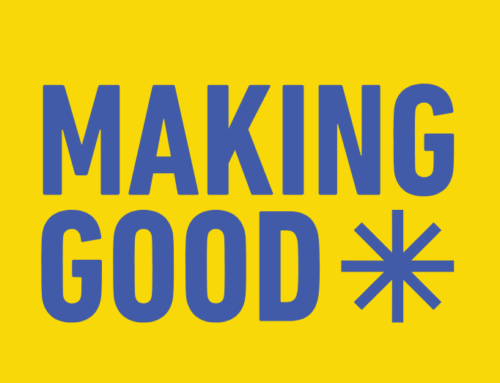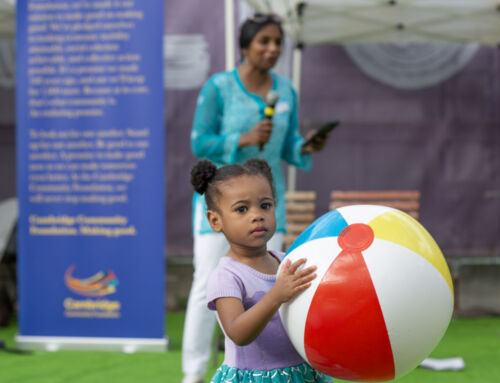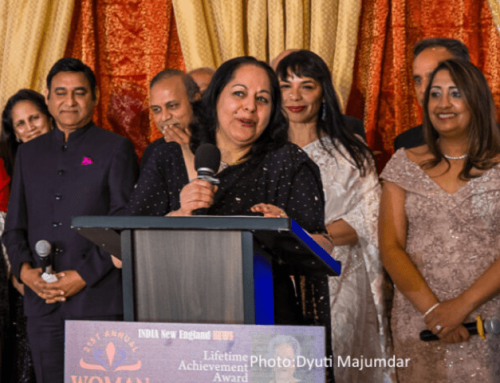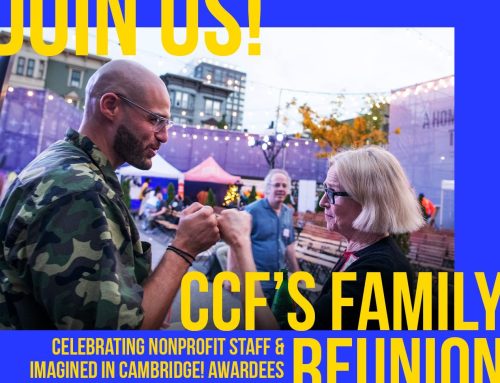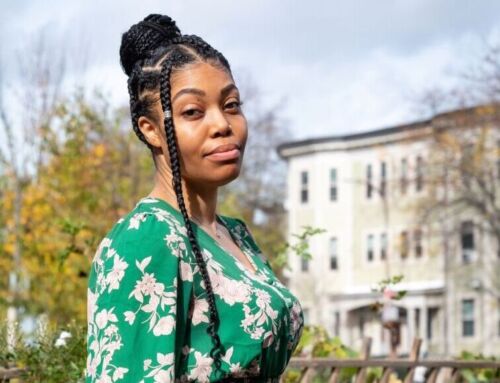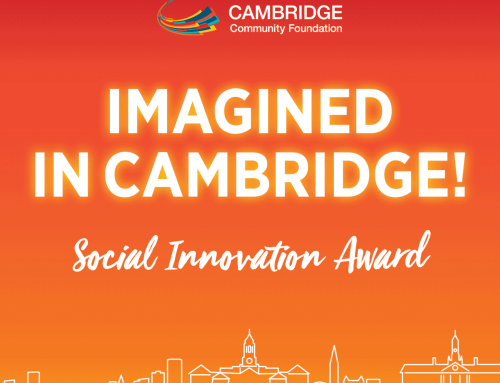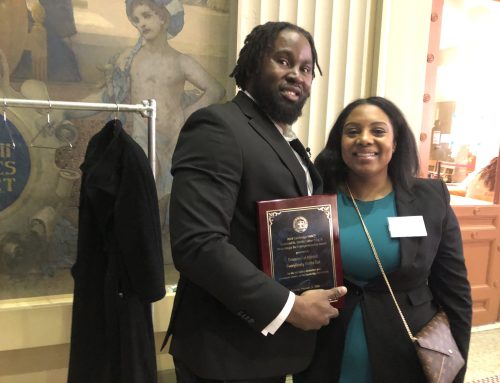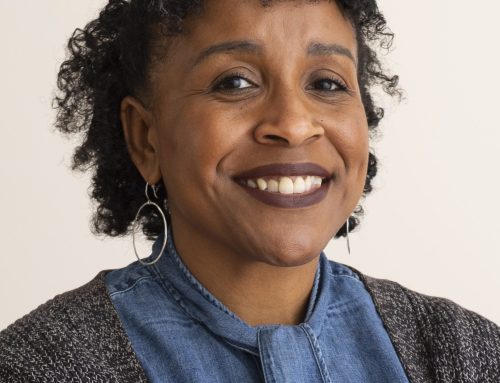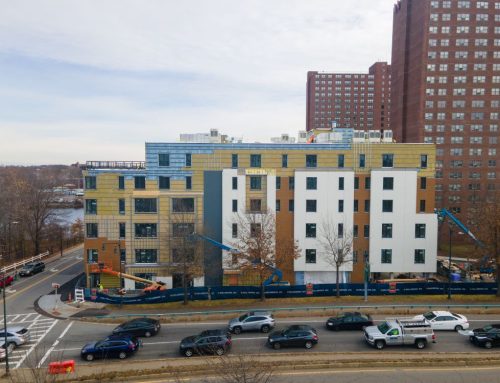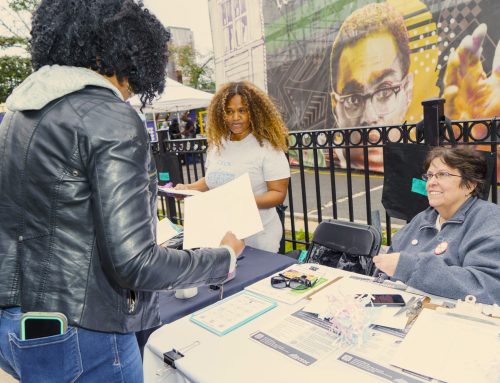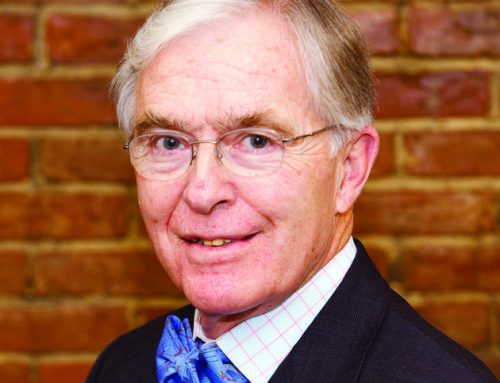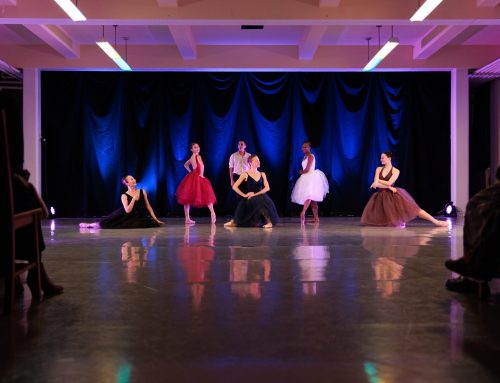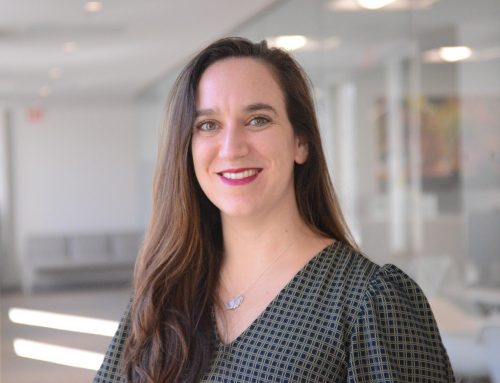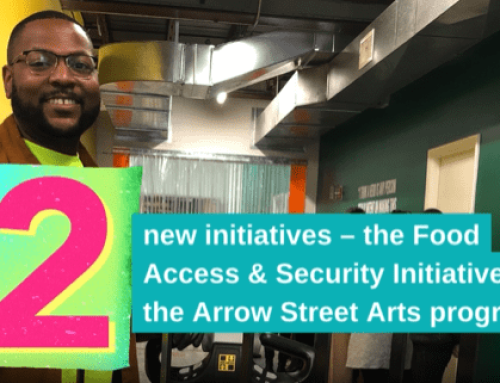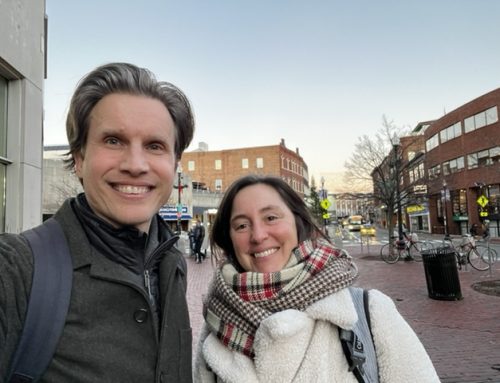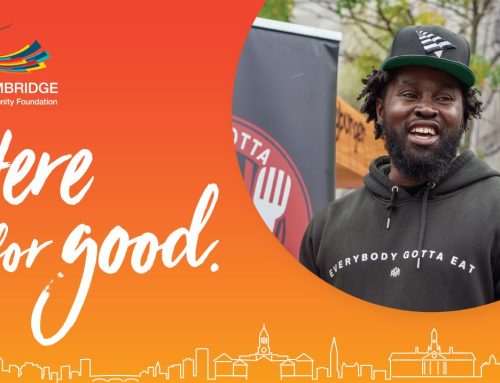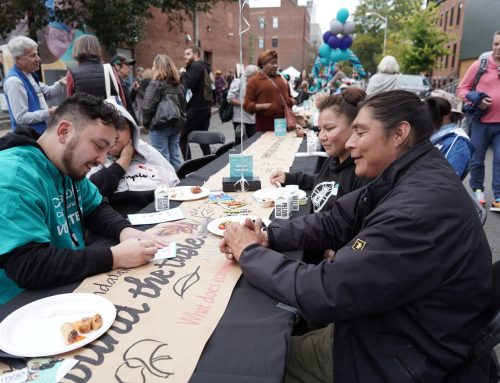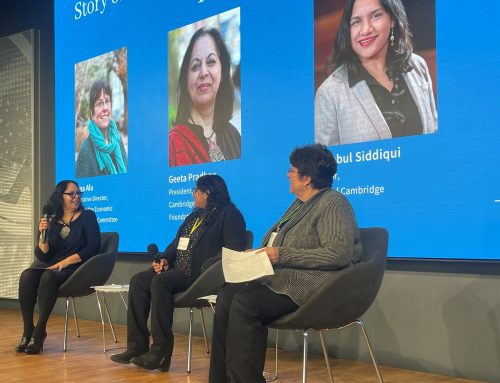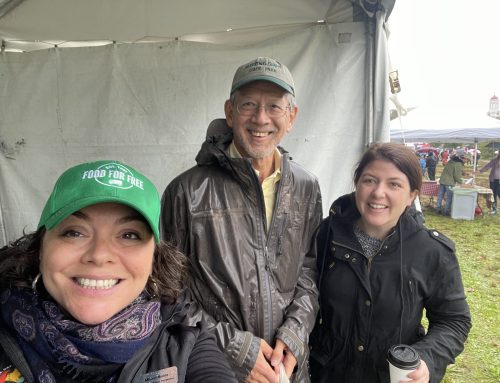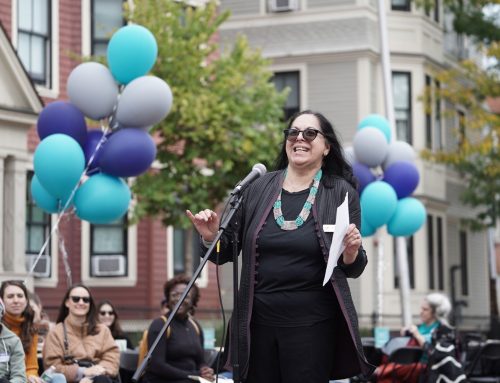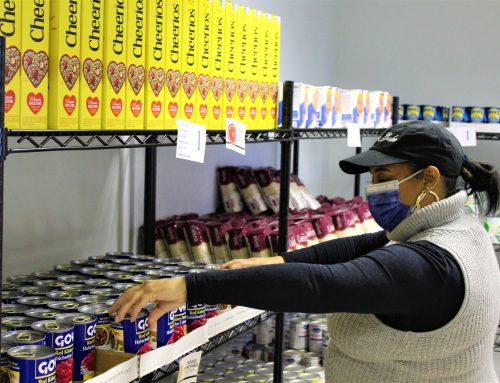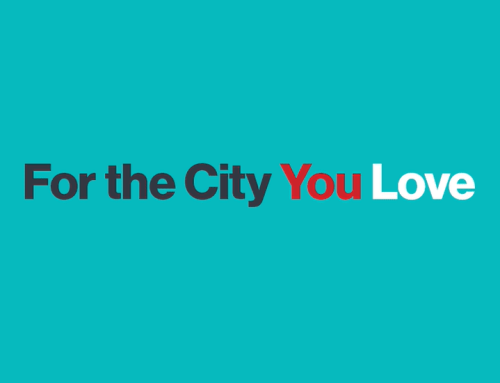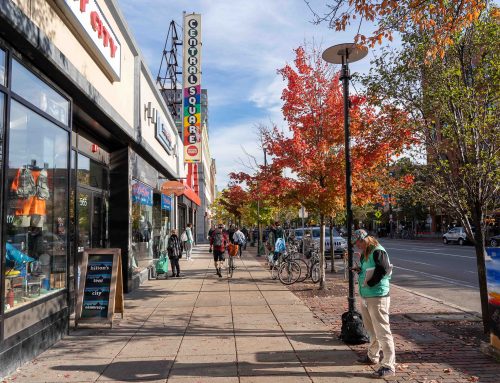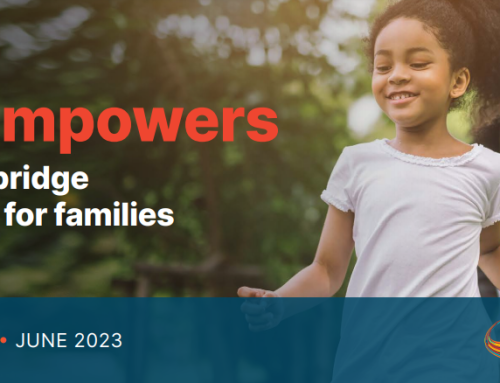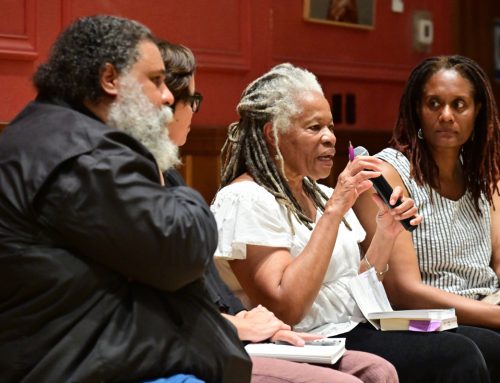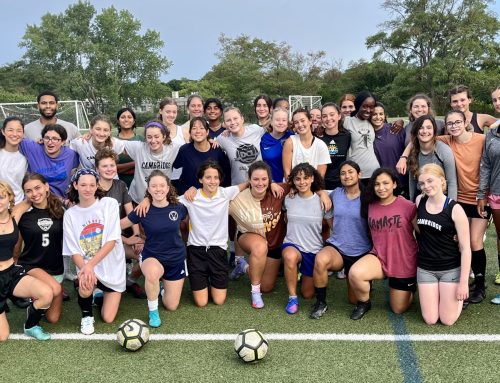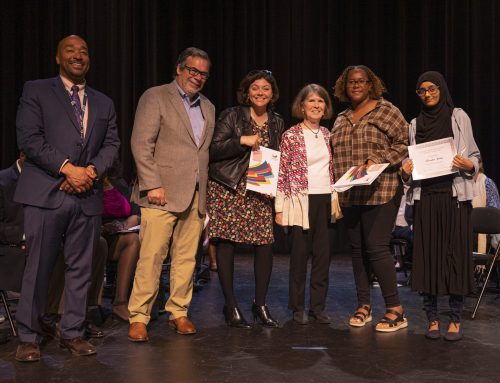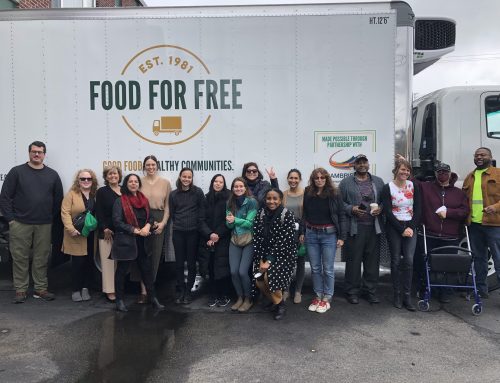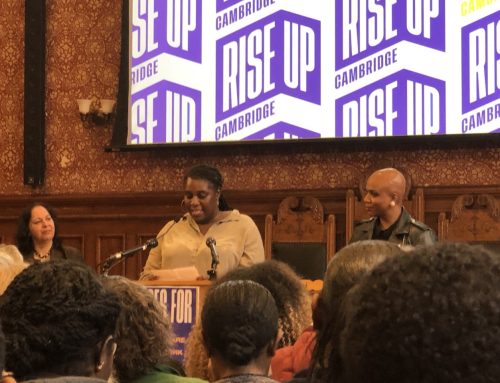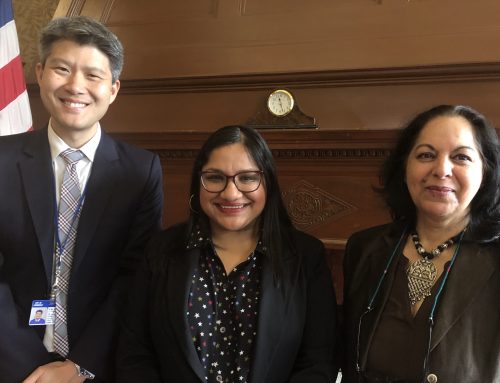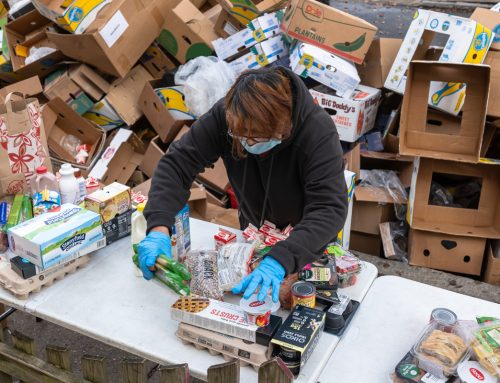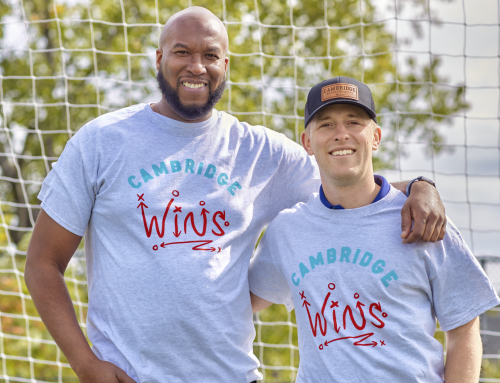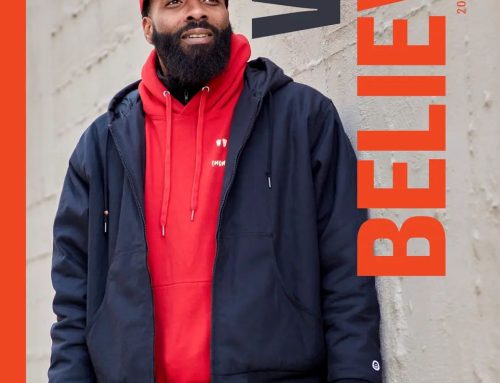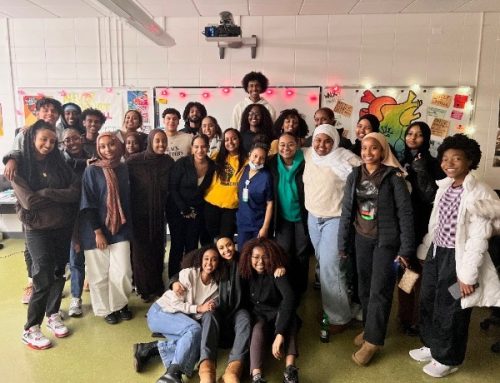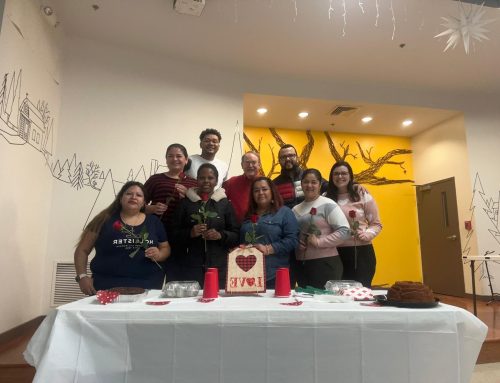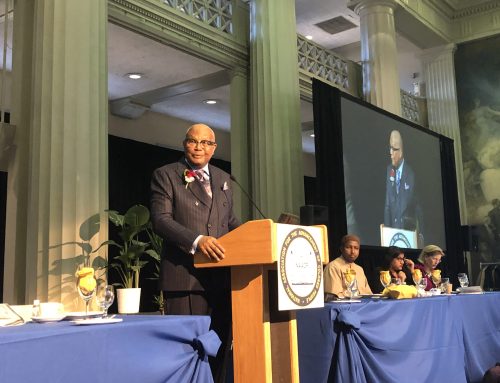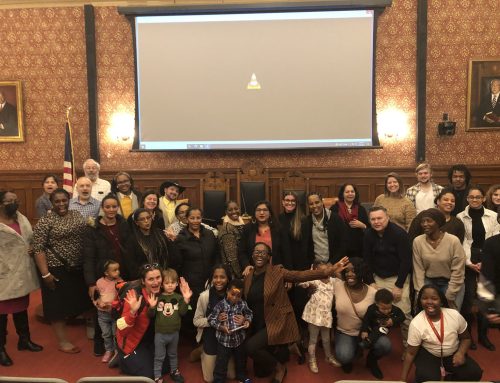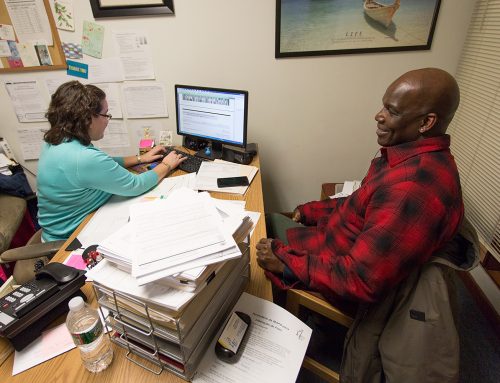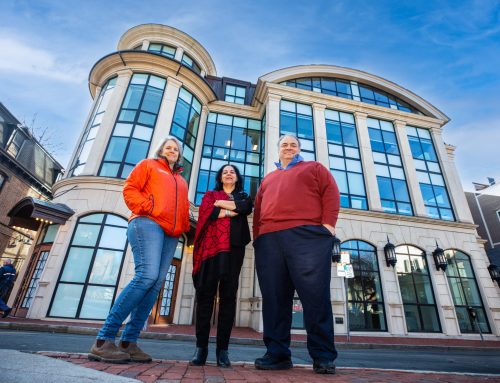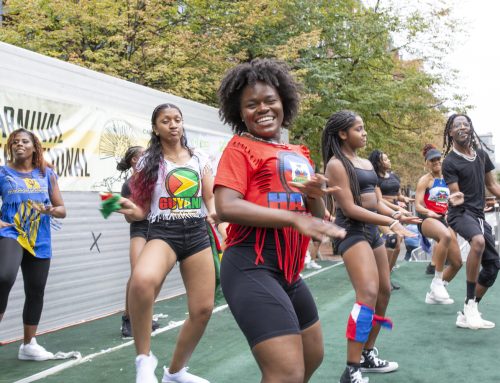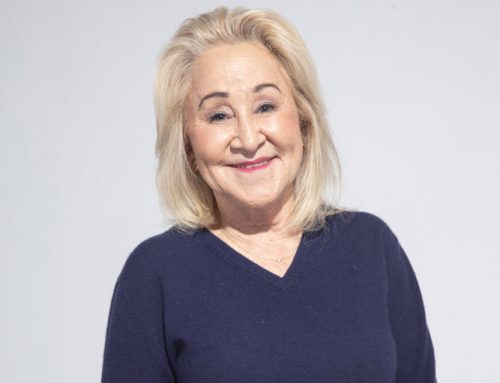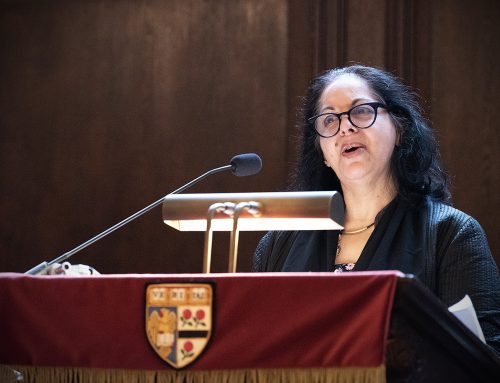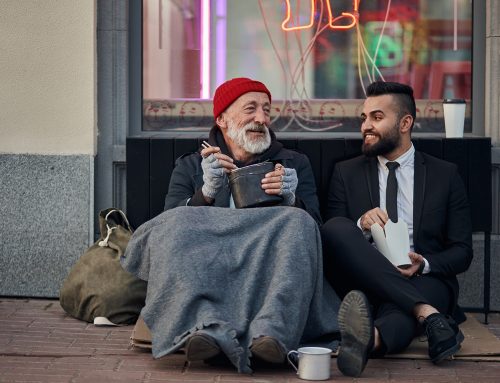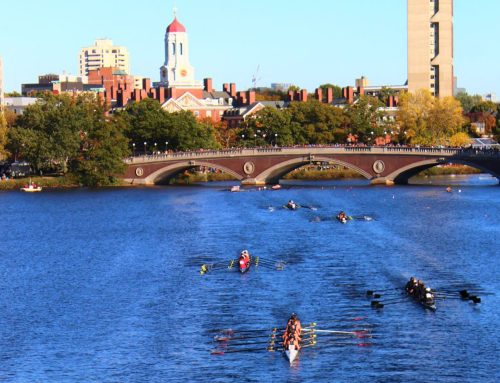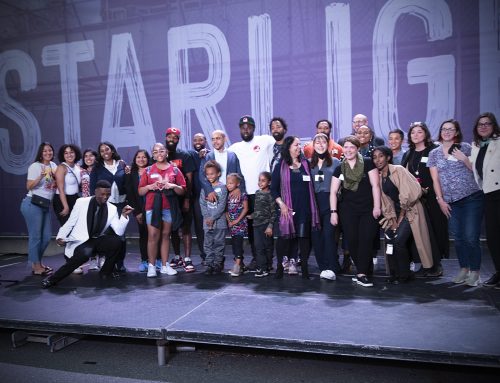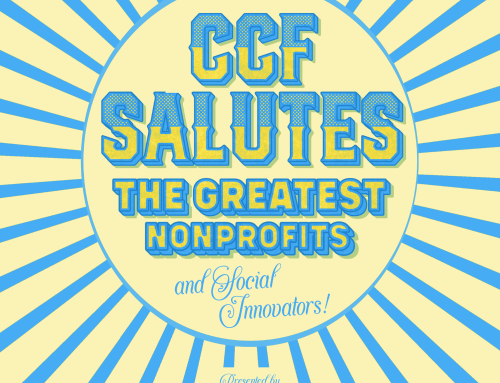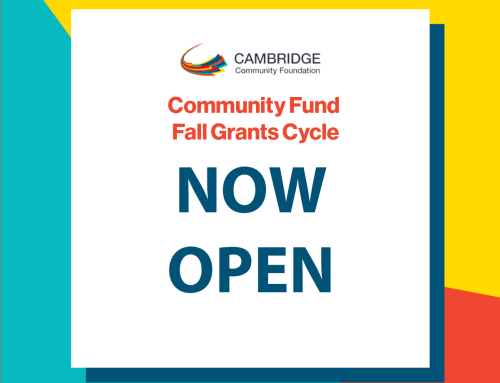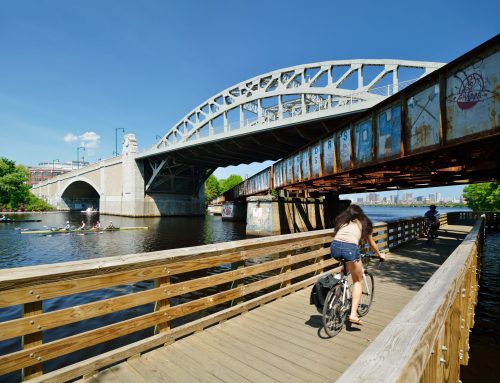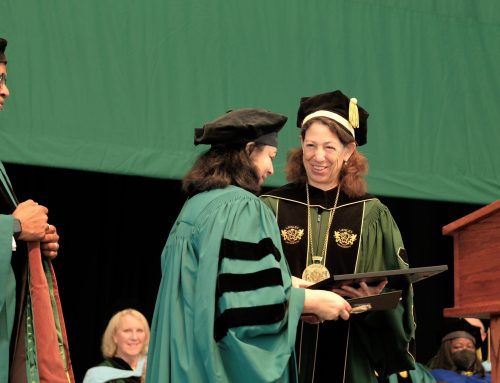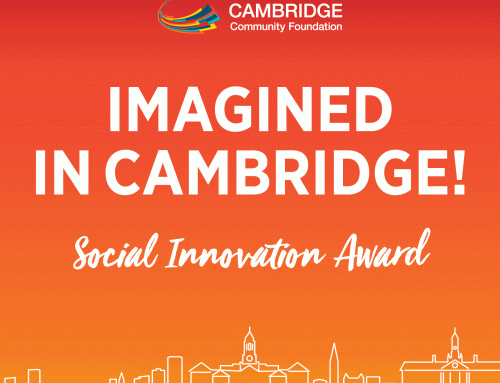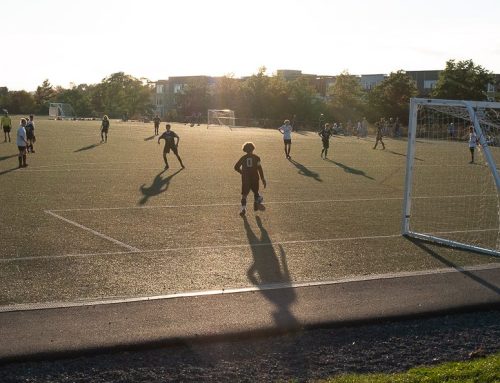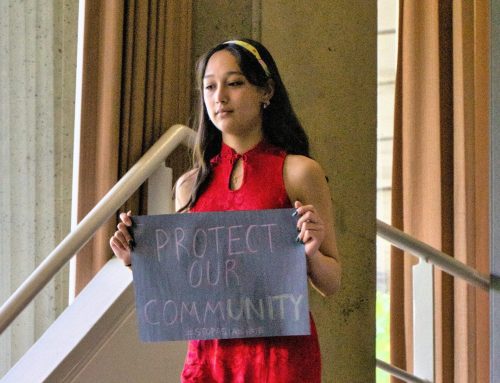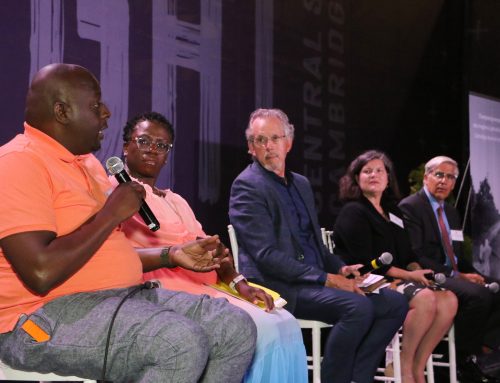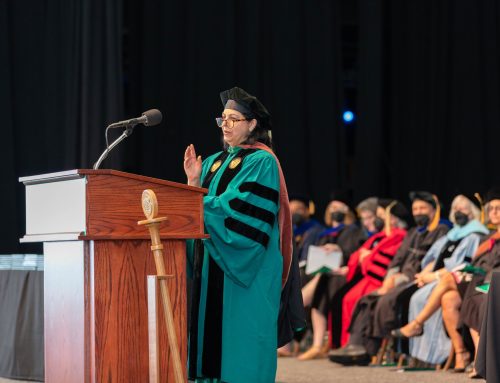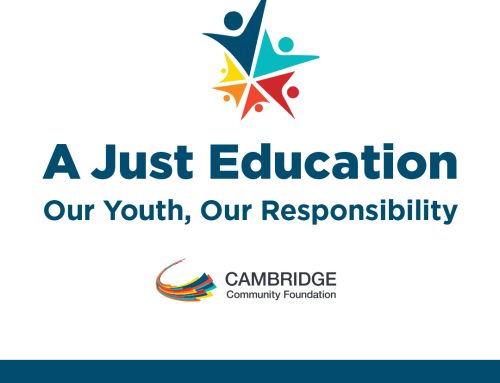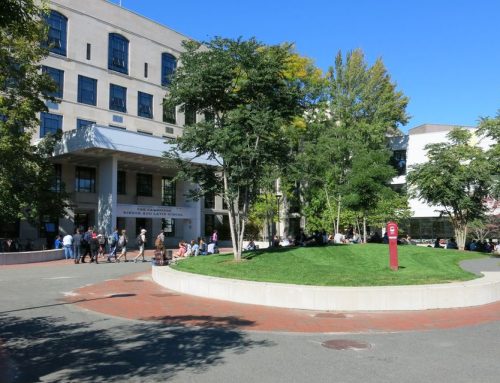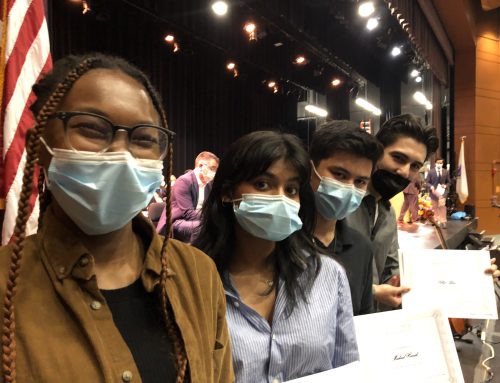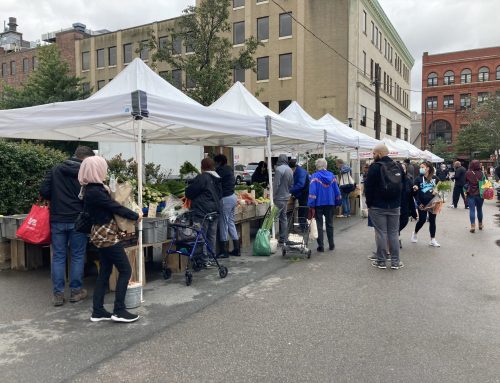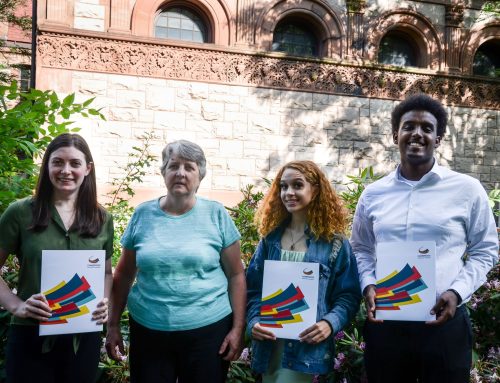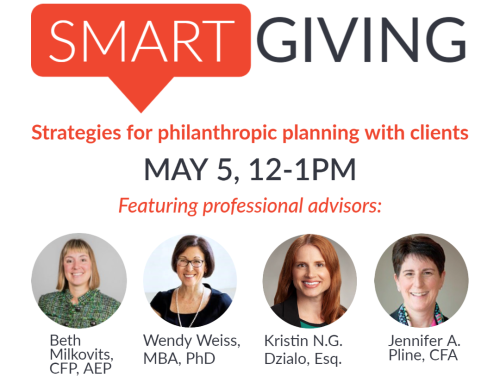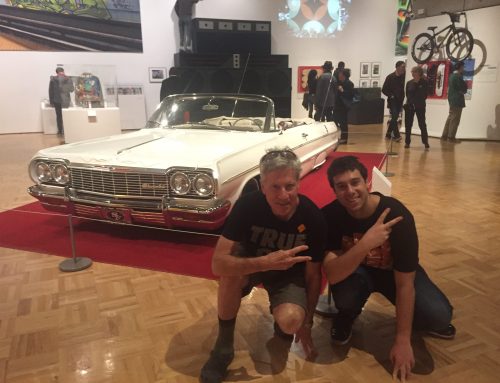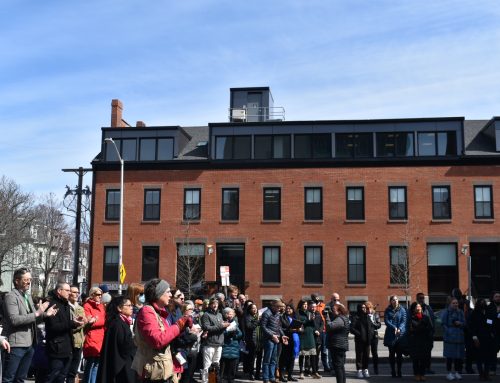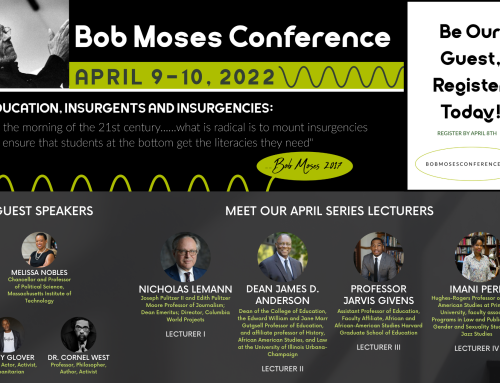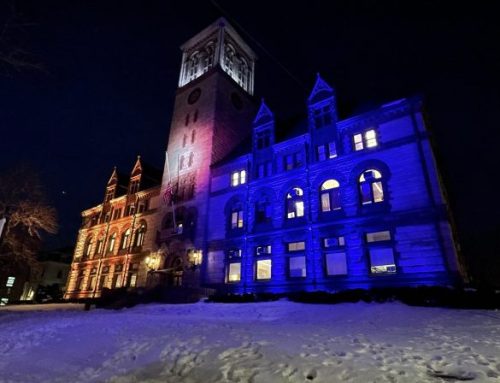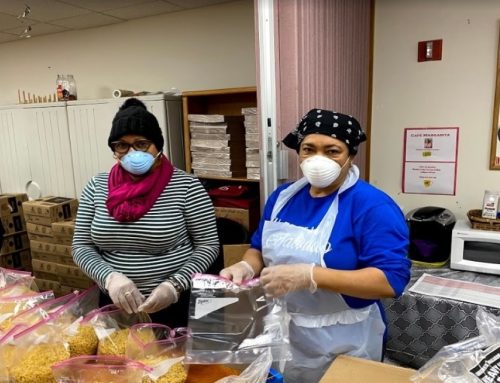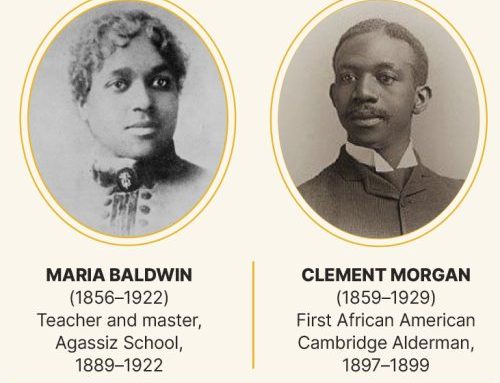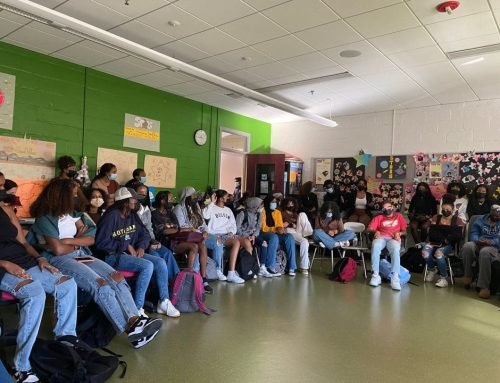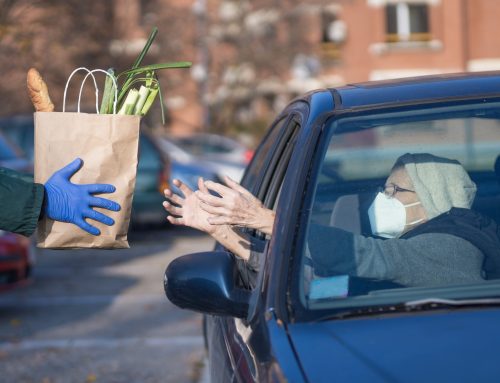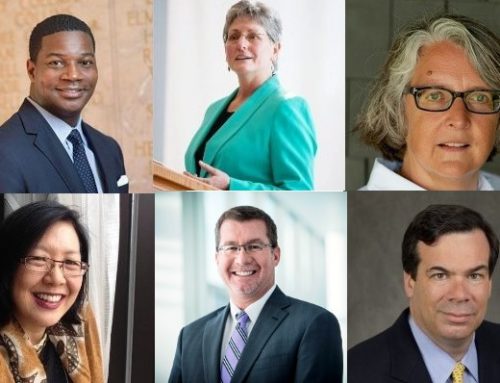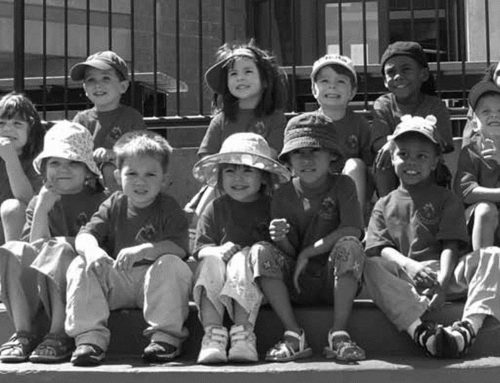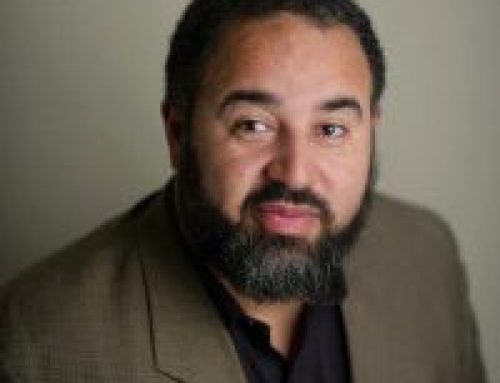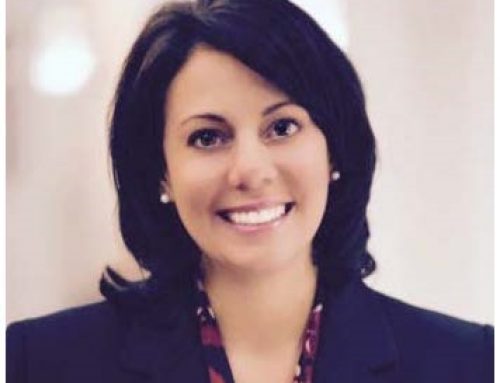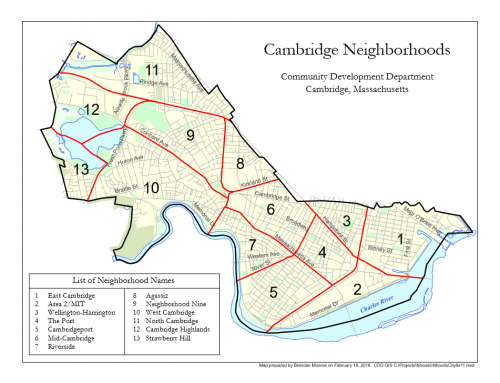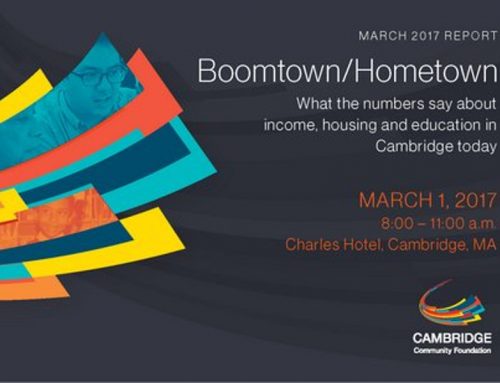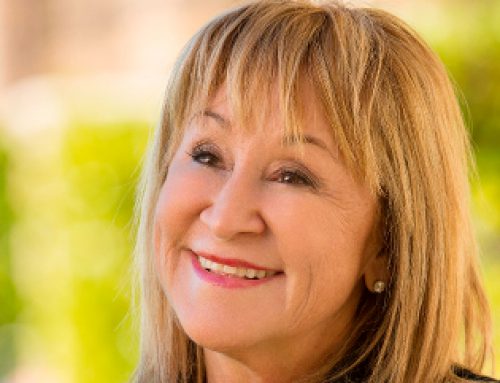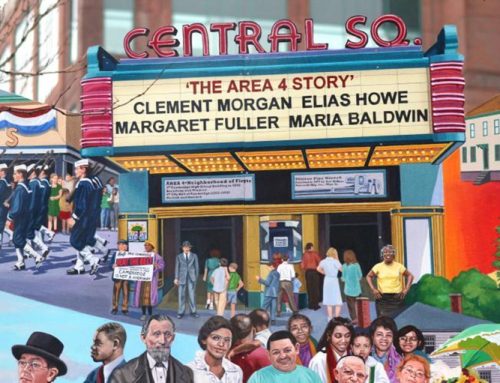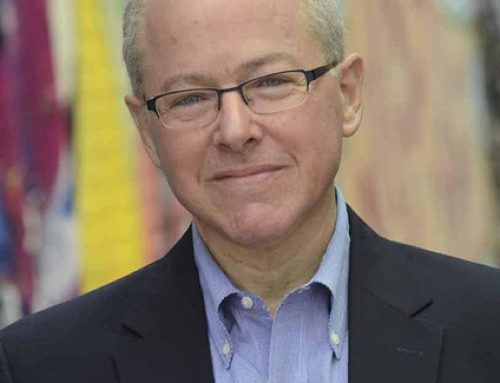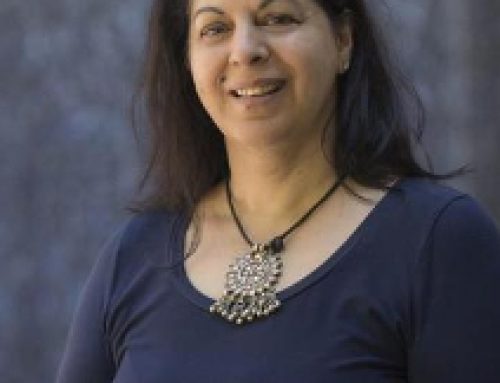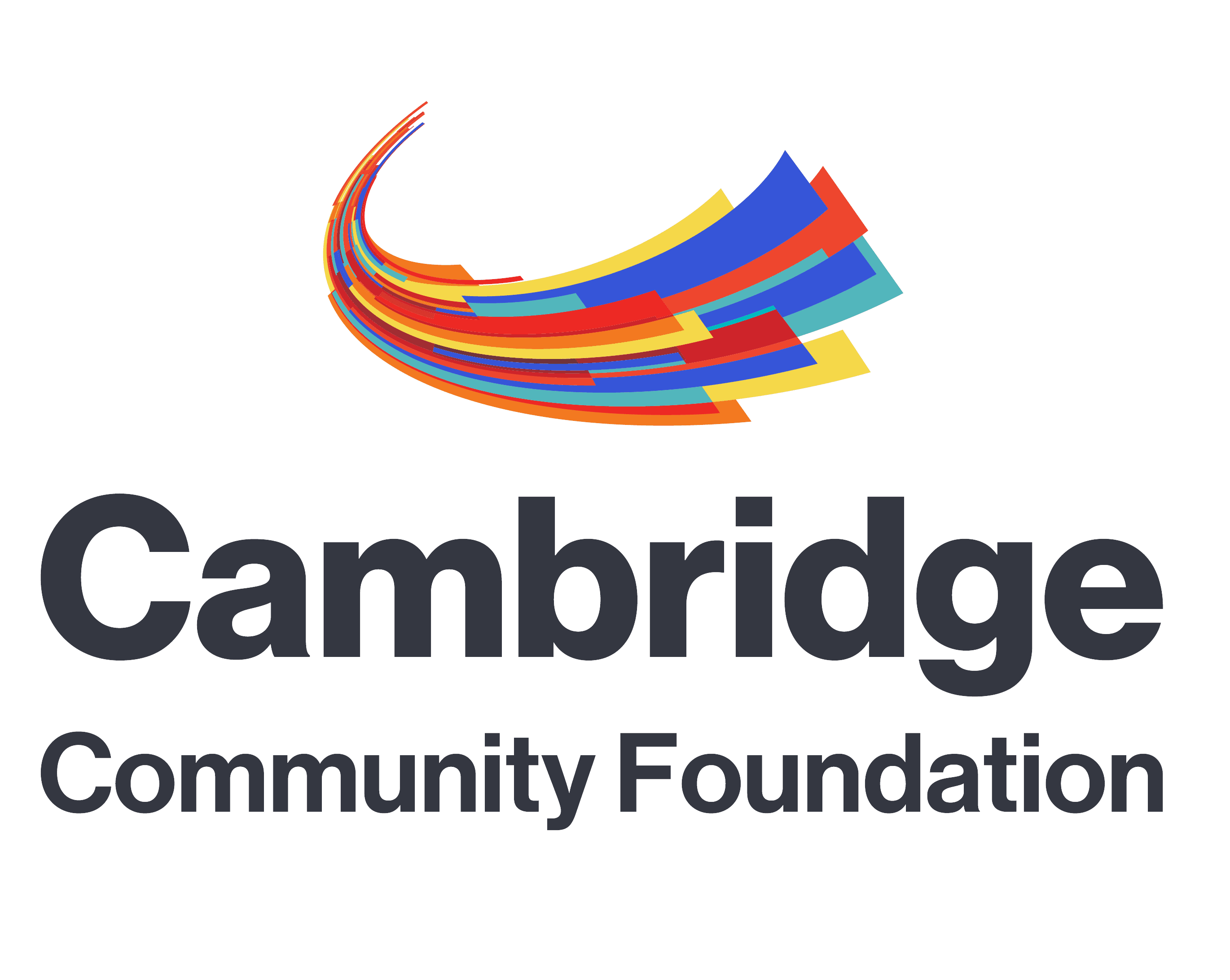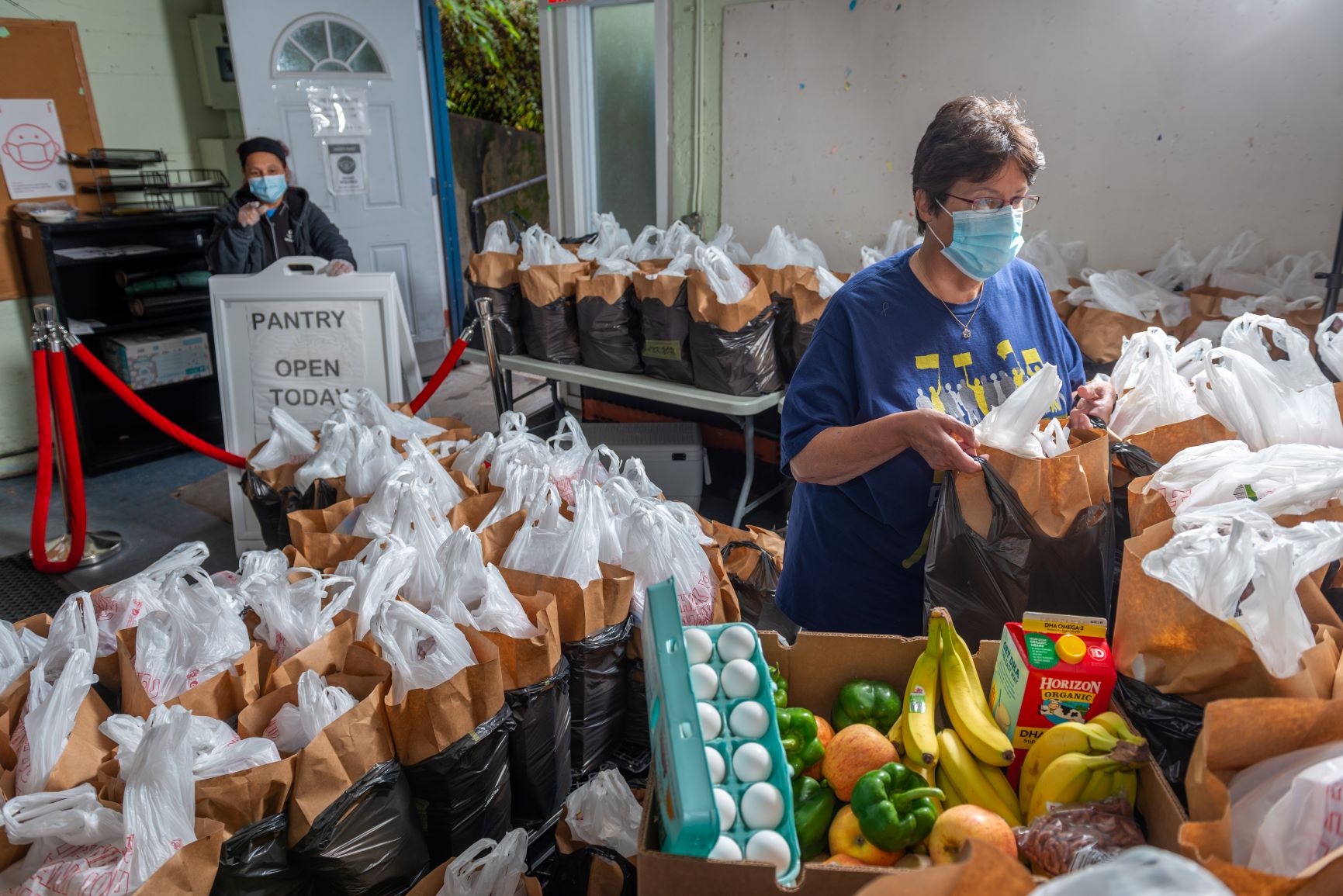
Photo of Cambridge Economic Opportunity Committee’s food pantry by lou jones.
Contact:
Lauren Marshall, director of Marketing and Civic Engagement
[email protected]; 617-872-6543
Cambridge, MA—February 11, 2021
The Cambridge Community Foundation has distributed a total of $484,093 in grants to 22 nonprofits to help residents in Cambridge, Somerville, and Medford experiencing extreme economic hardships caused by the pandemic. The grants were made possible by the Baker Polito Administration through the Massachusetts Executive Office of Housing and Economic Development with some matching funds from the Foundation’s Cambridge COVID-19 Emergency Fund. The State provided funding to local community foundations to ensure dollars were efficiently and rapidly deployed to people needing relief.
Ranging from $29,000 to $10,000, the grants will help local nonprofits support vulnerable populations struggling with food insecurity, housing insecurity, utility arrears, and lack of access to technology for remote work and school.
“We’ve all seen how dramatically the pandemic has laid bare the inequities in our communities, with our most vulnerable populations—immigrant families, people of color, gig workers, and working poor—being the hardest hit. Lack of food, losing housing, and the digital divide are daily challenges for many,” said Geeta Pradhan, president of the Cambridge Community Foundation. “We’re incredibly thankful for this latest round of funding from the State, which will help our dedicated nonprofits support the most vulnerable in our communities. It is the steadfast support of our state and local leaders and individual donors that ensures those who need help now have a lifeline.”
For the Cambridge Community Learning Center, which offers English for Speakers of Other Languages (ESOL) training programs and career supports for about 800 adult learners, the grant means 34 more Chromebooks, 30 hotspots, and 10 webcams will be deployed to adult students and their families, many of whom are immigrants. Their students’ situations are dire: parents are either taking virtual classes on iPhones or opting out of classes to give their children access to limited Wi-Fi and technology. Many are unemployed, struggling to feed families, dealing with the loss of loved ones, or dealing with COVID-19 infections themselves.
“Our adult learners are resilient, and keep moving forward, but the digital divide is very obvious. These families, some of the most vulnerable in our community, are the ones we don’t want to lose, and it takes a village to help and support them,” said Maria Kefallinou, director of the Community Learning Center, a division of the City of Cambridge Department of Human Service Programs. “We all need to work together. The support and leadership from the Cambridge Community Foundation, the State, and the City are essential, as is the incredible dedication of our teachers and volunteers.”
At De Novo Center for Justice and Healing, an organization providing free civil legal assistance and affordable psychological counseling, the client challenges are growing, from widespread unemployment and eviction, to an increase in domestic violence, complex immigration issues, and mental health needs. “We’ve been inundated by requests for support on every front and in every category of need,” said Mojdeh Rohani, executive director of De Novo. “We look at a continuum of care and thanks to the support of our funders and outstanding work of our staff and volunteers, we have been able to help in every area of a client’s life our services touch.” De Novo will use funds to provide rental and utility assistance to clients in Cambridge, Medford, and Somerville who are at risk of eviction. In addition, the organization is providing tablets to clients to ensure safe access to remote legal and counseling services.
“The Cambridge Community Foundation continues to display exemplary leadership during the pandemic. Time and again, the Foundation has provided critical support to nonprofits assisting our most vulnerable residents,” said Cambridge Mayor Sumbul Siddiqui. “I am grateful to have the Cambridge Community Foundation as a partner in Cambridge as we all work together to ensure our community is safe and supported during these difficult times.”
“Throughout this crisis, Cambridge Community Foundation’s steadfast commitment to the most vulnerable has made a difference for so many in our community. By advocating for funding and getting it quickly to local agencies, they’re helping to put food on the table, get residents needed rides to medical appointments, allow those hit hard by the financial crisis to pay critical bills, and more. Every bit matters so much to the individuals helped and all of us. We keep saying these days that ‘together we will get through this,’ and with the Foundation on our side, striving to serve those most in need, we are on our way,” said Somerville Mayor Joseph A. Curtatone.
This most recent round of grantmaking brings the Foundation’s total investment in local nonprofits, residents, and workers to $4,008,293 since the pandemic began in March 2020. These investments were made through COVID-19 emergency relief funds with support from the State, the City of Cambridge through the Mayors Disaster Relief Fund, and individual donors, and through the Foundation’s annual grantmaking.
Recipients in this grantmaking cycle are supporting low-income individuals and households with no, or very limited, access to sources of economic relief to help with housing, utilities, food security, emergency childcare, technology needs for remote work and school, and transportation. Grantees include:
Action for Boston Community Development: $25,000 to support food security needs of 100 Medford residents experiencing financial hardship due to the COVID-19 pandemic.
Breakthrough Greater Boston: $20,120 to support technology access for students.
Cambridge Community Center: $25,000 to equip CCC’s facility with high–speed WiFi to support CCC’s remote learning support program.
Cambridge Economic Opportunity Committee: $25,000 to meet basic human needs in our community such as food insecurity.
Cambridge Family & Children’s Service: $22,000 to help eligible clients in Cambridge, Somerville, and Medford purchase groceries and pay utility bills.
Community Action Agency of Somerville: $25,000 to alleviate some of the hardship caused by the COVID-19 pandemic, specifically in the areas of food insecurity, housing insecurity, utility arrears, and access to technology.
Community Learning Center: $29,500 to provide Chromebooks and hotspots to about 50 adult learners of the CLC who need a device to join their remote ESOL/high school diploma classes and access their remote education and career advising services, along with programming support.
De Novo Center for Justice and Healing: $25,000 for housing stabilization and technology access for 35-40 low-income people living in Cambridge, Somerville and Medford.
Enroot: $25,000 to focus on meeting food insecurity needs for 58 immigrant students and families in Enroot’s College Success program.
Food For Free: $25,000 to support the delivery of food to low-income seniors and people with disabilities and/or chronic health conditions that make accessing food pantries difficult.
Hildebrand Family Self-Help Center: $21,389 to help disrupt the cycle of homelessness in the community by providing economic relief and support to the families experiencing homelessness, or formerly homeless, who are living in Hildebrand’s shelters and permanent housing in Cambridge.
Massachusetts Immigrant Collaborative Emergency Immigrant Relief Fund: $25,000 to provide emergency food assistance to immigrant families who are struggling with food insecurity and are ineligible for government assistance.
Metro Housing|Boston: $25,000 to quickly, responsively, and efficiently meet the time-sensitive basic and housing needs of at-risk residents of Cambridge, Somerville, and Medford.
My Brother’s Keeper Cambridge Taskforce: $25,000 to provide support to some of the most severely affected Cambridge families through a multi-faceted plan to combat food insecurity.
S.C.M Community Transportation Corporation: $10,000 to provide seniors and people with disabilities socially distant transportation for medical appointments, shopping, and adult day health programs.
Somerville Homeless Coalition: $25,000 for emergency food relief.
Somerville YMCA: $15,000 to provide residents in the community access to affordable housing in a safe and healthy environment.
Tech Goes Home: $25,000 to bring computers and internet to families and individuals in Cambridge, Medford, and Somerville who participate in the TGH Digital Inclusion programs so that students can do homework, adults can find jobs and manage finances, seniors can connect with loved ones, and all can lead healthy lives.
The Welcome Project: $19,984 to provide TWP’s immigrants with technology support for remote English learning, their children’s education, and access to other essential resources during the pandemic by purchasing them laptops to borrow and internet subscriptions. A portion of the funds will also be used to distribute grocery store gift cards.
Tutoring Plus of Cambridge: $10,100 to provide families with grocery gift cards during school vacation weeks. We know that food security during school vacation weeks is often a challenge, and especially now for families who have been economically impacted by COVID-19.
Y2Y Network: $25,000 to help close critical gaps related to COVID-19 response in the Y2Y Harvard Square shelter and with young adults transitioning from the shelter to stable housing.
YWCA Cambridge: $11,000 to support food insecurity and rent arrearages during the COVID-19 pandemic for YWCA Cambridge’s Tanner Residence and Renae’s Place for Homeless Families.
The Cambridge Community Foundation is the local giving platform for Cambridge, supporting our city’s shared prosperity, social equity, and cultural richness, with roots that go a century deep. The Foundation is a convener and catalyst for transformative change in Cambridge, supporting equity and opportunity in the city through civic leadership, grantmaking, and collective giving in partnership with generous donors from the community. In past years, the Foundation has administered a total of $1.5 to $2 million annually to 150 nonprofit organizations to support programs in human services, workforce training, housing, hunger, homelessness, elder services, youth and early childhood services, and the arts. The Foundation identifies emerging and critical needs, convenes all sectors of the city, and directs resources where they can make the greatest difference.

